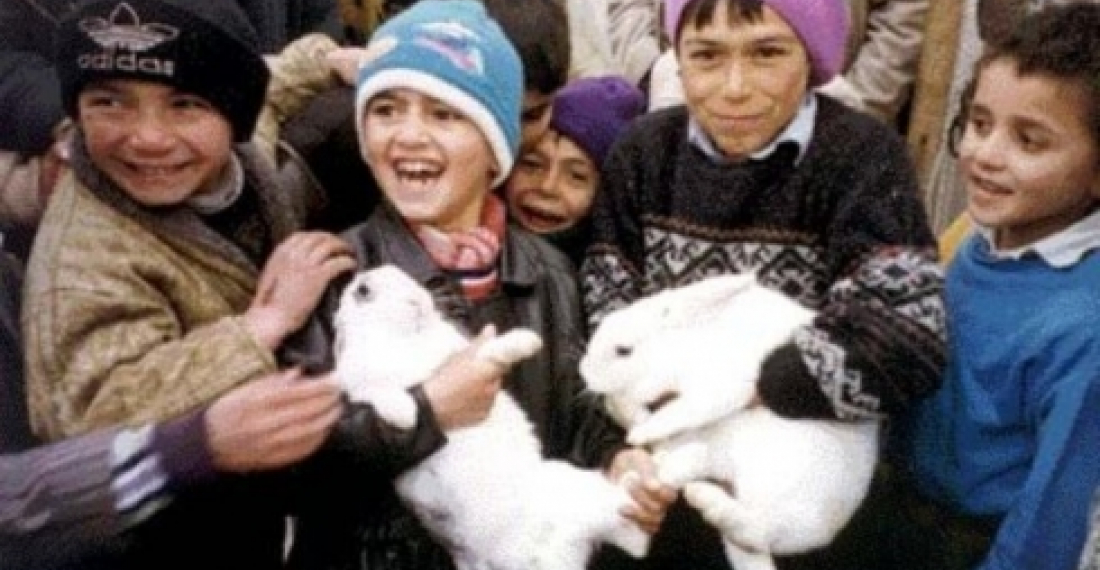The outcome of the many conflicts in the Caucasus Region over the last twenty five years is often quantified in terms of territory and its political status. Yet at the heart of these conflicts are people and one of the biggest victims have been the hundreds of thousands of people - some estimates put it as high as 1.2 million, who have been displaced by these conflicts. The suffering over two decades that these people have had to endure since they were forced or obliged to leave their homes, is difficult to comprehend by those who have never had the misfortune to share this experience.
The issue of the refugees and IDPs (internally displaced persons) from the conflict in Nagorno-Karabakh was discussed in the Round Table event held at the European Policy Centre in Brussels on Tuesday (see report on commonspace). LINKS Director Dennis Sammut called on the European Union to be more vocal on this issue and said that this could be done whilst still sticking to the position of supporting a solution based on the Madrid principles and facilitated by the OSCE Minsk Process, to which the EU was committed. Dennis Sammut referred to the situation of Azerbaijani refugees and IDPs and said that whilst the Azerbaijani government has done a lot in recent years to alievate some of the social and economic problems of the refugees their inability to return back to their homes was still a major problem for them.
The theme was taken up by Gulshan Pashayeva, the Deputy Director of SAM, the Centre for Strategic Studies in Azerbaijan who praised EU humanitarian assistance in the early years following the 1994 conflict but emphasised the continued humanitarian crisis surrounding displaced people. Pahsayeva called on the EU to take the leading role to ensure the return of ethnic Azerbaijanis to Nagorn-Karabakh where, she said, they constituted a minority, and where the EU with its long experience of working with national minorities could help in their resettlement.
No country is immune to the refugee problem. There are thousands of Armenians also who have been displaced from Azerbaijan because of the conflict, and vice versa. More than two hundred thousand Georgians were displaced after the conflict in Abkhazia.
The issue of return of refugees must not be sidelined in any evalution of the conflict. People rather than territory must be the main concern of one and all.
source: commonspace.eu
photo: Azerbaijani children displaced by the Nagorno-Karabakh conflict (archive picture).







